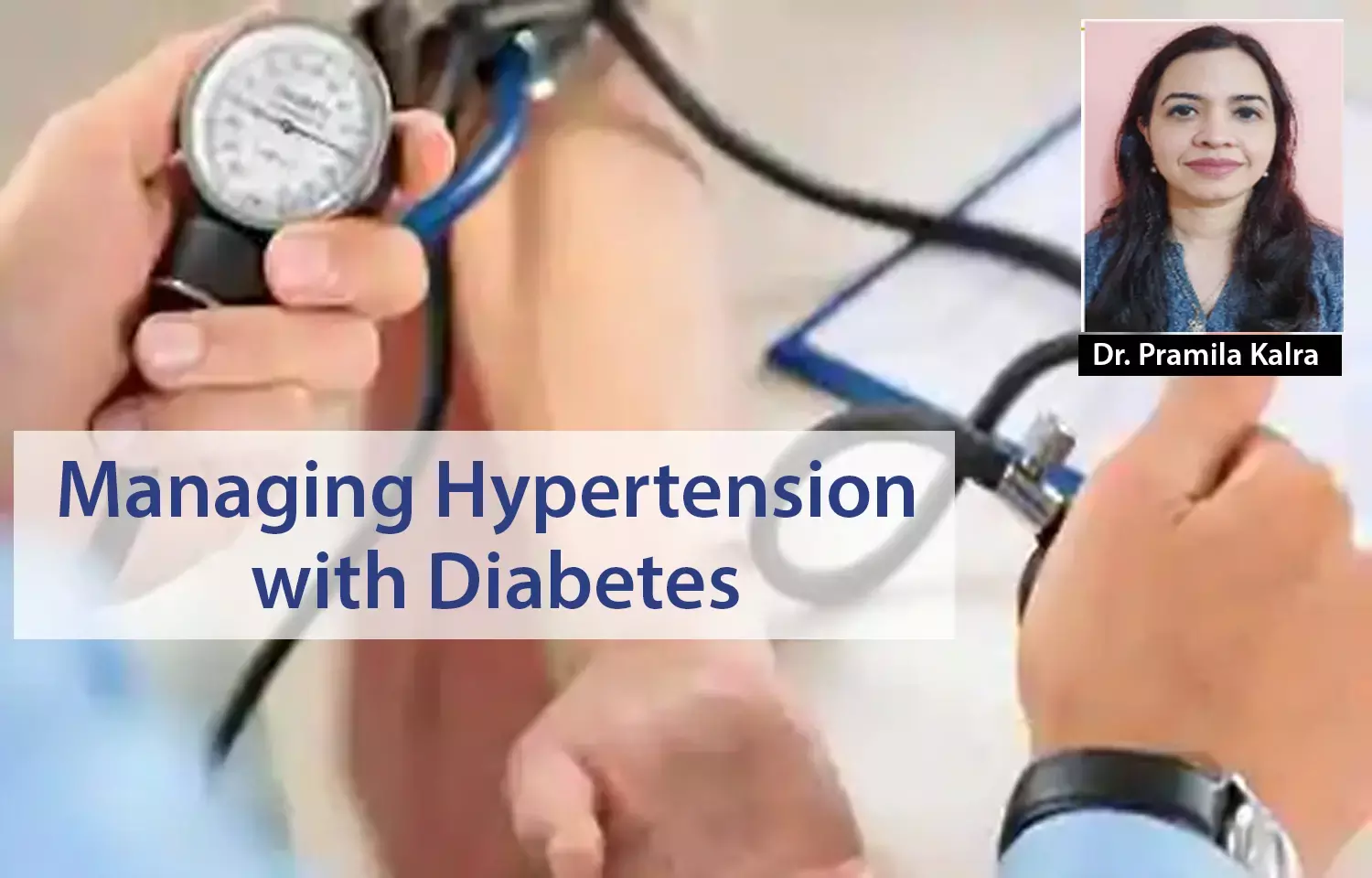- Home
- Medical news & Guidelines
- Anesthesiology
- Cardiology and CTVS
- Critical Care
- Dentistry
- Dermatology
- Diabetes and Endocrinology
- ENT
- Gastroenterology
- Medicine
- Nephrology
- Neurology
- Obstretics-Gynaecology
- Oncology
- Ophthalmology
- Orthopaedics
- Pediatrics-Neonatology
- Psychiatry
- Pulmonology
- Radiology
- Surgery
- Urology
- Laboratory Medicine
- Diet
- Nursing
- Paramedical
- Physiotherapy
- Health news
- Fact Check
- Bone Health Fact Check
- Brain Health Fact Check
- Cancer Related Fact Check
- Child Care Fact Check
- Dental and oral health fact check
- Diabetes and metabolic health fact check
- Diet and Nutrition Fact Check
- Eye and ENT Care Fact Check
- Fitness fact check
- Gut health fact check
- Heart health fact check
- Kidney health fact check
- Medical education fact check
- Men's health fact check
- Respiratory fact check
- Skin and hair care fact check
- Vaccine and Immunization fact check
- Women's health fact check
- AYUSH
- State News
- Andaman and Nicobar Islands
- Andhra Pradesh
- Arunachal Pradesh
- Assam
- Bihar
- Chandigarh
- Chattisgarh
- Dadra and Nagar Haveli
- Daman and Diu
- Delhi
- Goa
- Gujarat
- Haryana
- Himachal Pradesh
- Jammu & Kashmir
- Jharkhand
- Karnataka
- Kerala
- Ladakh
- Lakshadweep
- Madhya Pradesh
- Maharashtra
- Manipur
- Meghalaya
- Mizoram
- Nagaland
- Odisha
- Puducherry
- Punjab
- Rajasthan
- Sikkim
- Tamil Nadu
- Telangana
- Tripura
- Uttar Pradesh
- Uttrakhand
- West Bengal
- Medical Education
- Industry
Combination Therapy in Hypertension with Diabetes: Preferential Consideration for CCB and ARBs

The last edition of the International Diabetes Federation (IDF) Atlas offered projections that continue to put India at the second slot in the prevalence of type 2 diabetes right up to 2045. And the numbers remain staggering —over 134 million Indians will be diabetics in the next 25 years. (1) Hypertension occurs twice as common in patients with diabetes than in comparison to patients without diabetes. (2) In the setting of such a tenacious association and its impending threatening consequences, it remains a clinician's priority to make a prudent choice to initiate management of hypertension in diabetes with appropriate initial combination therapy for optimising long term outcomes, including both - cardiovascular and renal endpoints.
Patients with both diabetes and hypertension together possess a significantly greater risk for premature microvascular and macrovascular complications. Aggressive control of blood pressure (BP) can help to decrease both, micro- and macrovascular complications. Multidrug regimens are frequently required in diabetic hypertensives. While achieving the target BP of <130/80 is the numerical objective to arrest and prevent the progression of macro- and microvascular complications in hypertension with diabetes. (1), it may be important to consider agents which improve cardiovascular and renal outcomes in these patients.
Dr. Pramila Kalra MD DM (Endocrinology), FACE, MAMS has pursued her MBBS and MD (Medicine) from King George’s Medical College, Lucknow, thereafter pursing her DM ( Endocrinology) from Sanjay Gandhi Postgraduate Institute of Medical Sciences, Lucknow. She is currently working as Professor and Consultant Endocrinologist Ramaiah medical college and hospital Bangalore, India
Dr Kamal Kant Kohli-MBBS, DTCD- a chest specialist with more than 30 years of practice and a flair for writing clinical articles, Dr Kamal Kant Kohli joined Medical Dialogues as a Chief Editor of Medical News. Besides writing articles, as an editor, he proofreads and verifies all the medical content published on Medical Dialogues including those coming from journals, studies,medical conferences,guidelines etc. Email: drkohli@medicaldialogues.in. Contact no. 011-43720751


